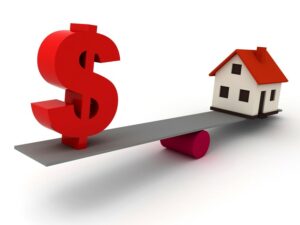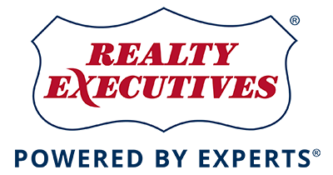
Buying a home is a thrilling journey, filled with dreams of cozy evenings by the fireplace or sunny mornings in the garden. But before you start envisioning your perfect home, there’s a crucial step you can’t afford to skip: knowing your budget.
Understanding your budget is the foundation of a successful home buying process. Here’s why:
1. Realistic Expectations: Knowing your budget sets realistic expectations. It helps you understand what kind of properties are within your reach and what features you can afford. This prevents disappointment down the road when you realize that dream mansion with the ocean view is out of your price range.
2. Avoiding Financial Stress: Overspending on a home can lead to financial strain. A mortgage that stretches your budget too thin can impact your quality of life, leaving you with little room for unexpected expenses or saving for the future. It’s important to find a balance that allows you to comfortably afford your mortgage payments while still enjoying life.
3. Narrowing Down Options: Your budget acts as a filter, narrowing down your options and helping you focus on properties that align with your financial situation. This saves time and energy by preventing you from falling in love with homes that are beyond your means.
Now, let’s dive into how to get started creating a budget:
1. Assess Your Finances: Begin by taking a close look at your income, expenses, and existing debt. Calculate your monthly income after taxes and deduct your fixed expenses such as insurance, groceries and loan payments. This will give you a clear picture of how much you can comfortably allocate towards a mortgage payment.
2. Factor in Additional Costs: Don’t forget to account for additional costs associated with homeownership, such as property taxes, maintenance, and utilities. These expenses can add up quickly, so it’s essential to include them in your budget calculations.
3. Determine Your Down Payment: Decide how much you can afford to put down as a down payment. A larger down payment can lower your monthly mortgage payments and potentially qualify you for better loan terms. Aim for a down payment that fits comfortably within your budget without depleting your savings entirely. Homeownership often comes with surprise expenses. Having some savings helps you to not be caught off guard in the event of unexpected repairs.
4. Get Pre-Approved: Once you have a clear understanding of your finances, it’s time to get pre-approved for a mortgage. This involves submitting financial documents to a lender who will assess your creditworthiness and determine how much they are willing to lend you. A pre-approval letter not only helps you understand your purchasing power but also signals to sellers that you are a serious buyer. Ask your Realtor® to provide referrals if you don’t already have a lender in mind. Often times they will know which lenders have the right options for your needs.
5. Be Flexible: While it’s important to stick to your budget, it’s also essential to remain flexible. In a competitive market, you may need to adjust your expectations or explore different neighborhoods to find a home that meets your criteria within your budget.
Creating a budget is the first step towards homeownership success. It empowers you to make informed decisions, avoid financial pitfalls, and ultimately find a home that brings you joy without breaking the bank. So, before you start browsing listings, take the time to master your budget—it’s the key to unlocking your dream home.

